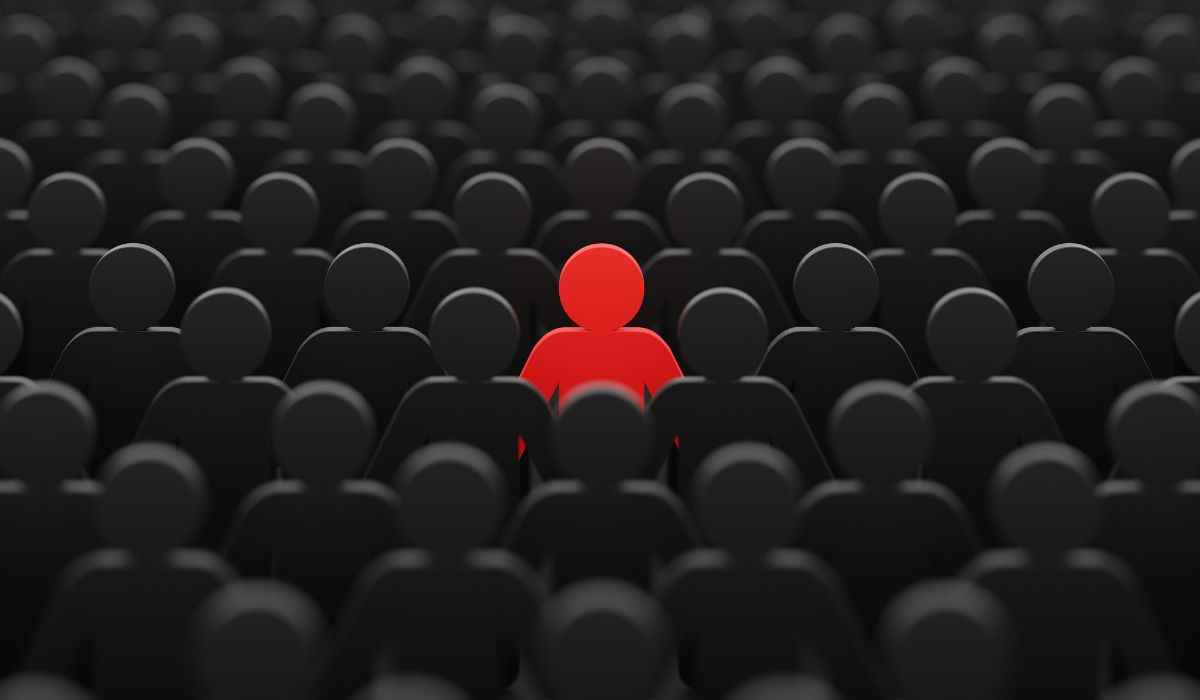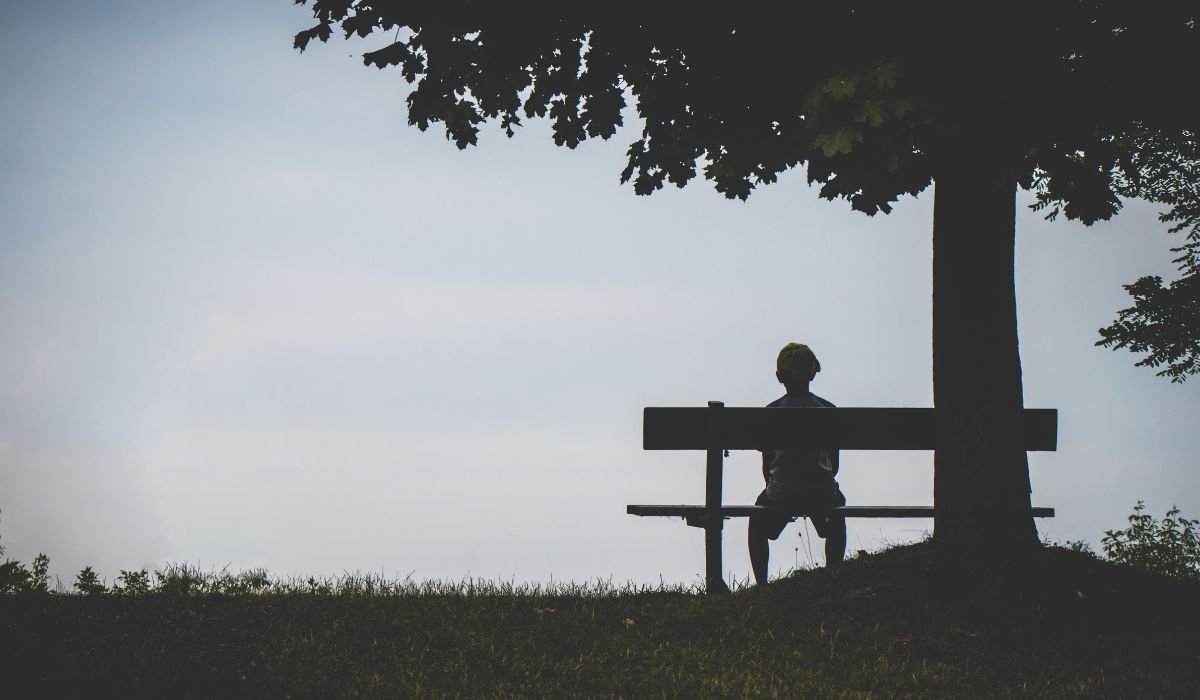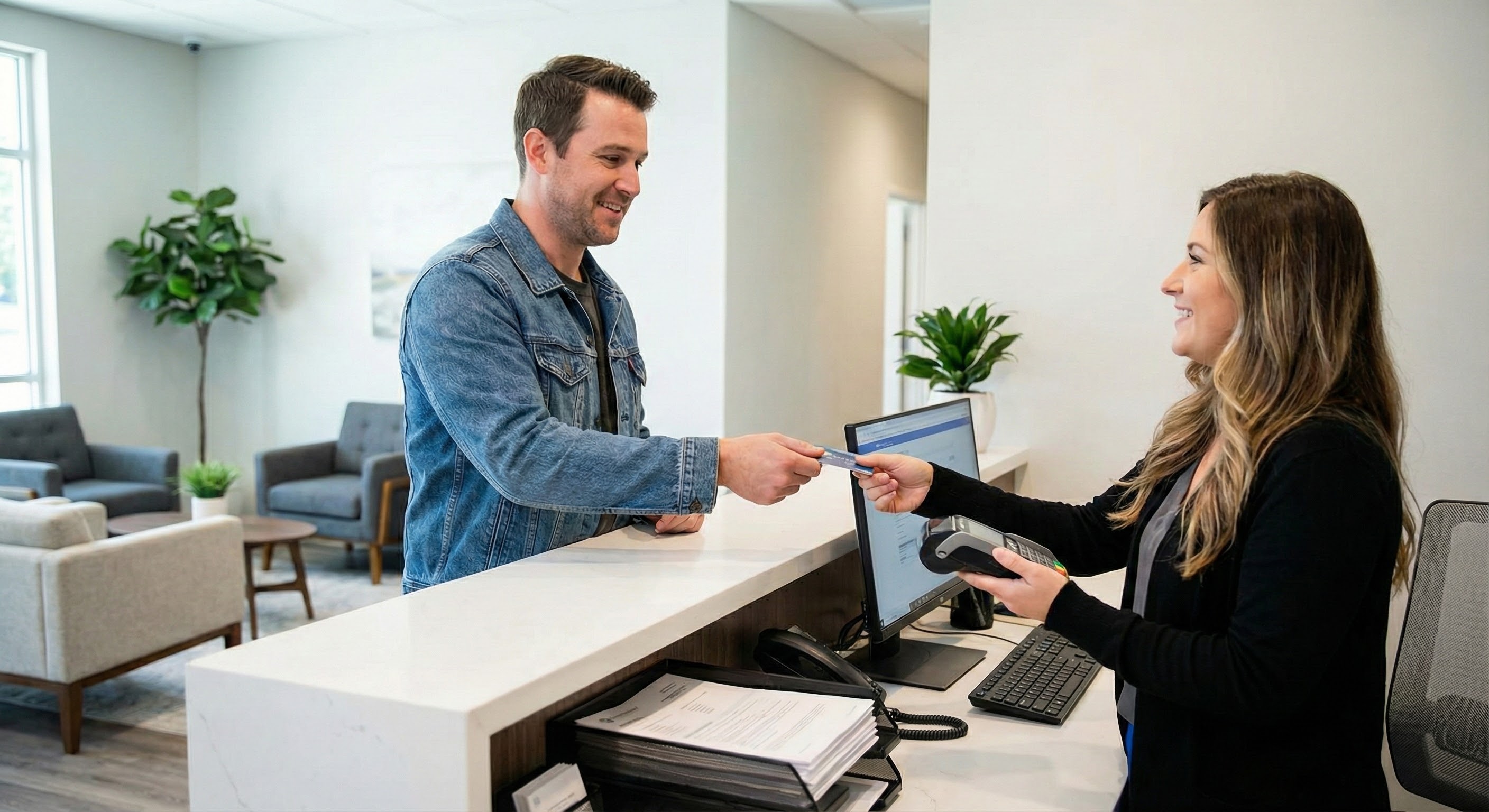How Do I Deal With Loneliness or Feeling Left Out?
Feeling lonely or left out can really hurt. It can make your chest feel heavy and your mind feel full of worry. If you’ve been asking, “How do I deal with loneliness or feeling left out?”, you are not alone. Many kids, teens, and adults feel this way at times.
This guide will walk you through simple, safe, and real steps you can take. It follows mental health best practices and ideas used by therapists, counselors, and mental health organizations. Still, this article is not a replacement for a mental health professional. If your feelings are very strong or you think about hurting yourself, please reach out to a trusted adult or call your local emergency number right away.

Understanding Loneliness and Feeling Left Out
What Is Loneliness?
Loneliness is when you feel alone on the inside, even if other people are around you. It is more about how connected you feel than how many people are near you.
You might feel loneliness when:
-
You feel like no one “gets” you
-
You feel invisible in a group
-
You feel different from your friends or family
This is a common mental health feeling. It does not mean anything is “wrong” with you. It means you are human and your brain and heart want connection.
Feeling Left Out in Groups
Feeling left out often happens:
-
At school or work
-
In a friend group
-
In family gatherings
-
On social media
You might see friends hang out without you, or you may not get invited to a party. Your mind might say things like:
-
“Nobody likes me.”
-
“I am not good enough.”
-
“I don’t belong anywhere.”
These thoughts are painful, but they are thoughts, not facts. Mental health professionals call these “negative thoughts” or “unhelpful thinking patterns.”
Why Am I Feeling This Way?
Normal Life Changes
Big changes can make loneliness worse, like:
-
Moving to a new school or city
-
Parents divorcing or separating
-
A friendship ending
-
Changing jobs or classes
These changes can bring stress, anxiety, and sadness. Your brain needs time to adjust. It makes sense that you might feel alone for a while.
Social Media and Comparison
Apps like Instagram, TikTok, and Snapchat can make you feel left out. You may see:
-
Friends smiling in group photos
-
People going to events you were not invited to
-
“Perfect” lives that don’t show real problems
This can lead to social isolation, low self-esteem, and more loneliness. Remember: people post their best moments, not their whole life.
How Loneliness Affects Mental Health
Emotional and Physical Signs
Loneliness and feeling left out can affect both body and mind. You may notice:
-
Fatigue (feeling tired all the time)
-
Trouble sleeping or sleeping too much
-
Headaches or stomachaches
-
Anxiety or constant worry
-
Sadness or low mood
-
Less motivation to do things you used to enjoy
These can be signs of depression, mood disorder, or strong stress. A mental health professional (like a counselor, therapist, or psychologist) can help you understand what you are feeling and why.
When to Reach Out for Help
Reach out for support if:
-
You feel lonely most days
-
You cry often or feel hopeless
-
You have suicidal thoughts or wonder if people would be better without you
These are serious signs. You deserve help, support, and care. Talk to:
-
A parent or caregiver
-
A school counselor or teacher
-
A doctor or health professional
-
A licensed therapist
You do not have to carry this alone.
Step One: Be Kind to Yourself
Notice Your Self-Talk
When you feel left out, your inner voice might say:
-
“I’m boring.”
-
“I’ll always be alone.”
-
“No one wants me.”
Try changing that voice to something more kind and realistic, like:
-
“I feel lonely right now, but this feeling can change.”
-
“I am learning how to make better friendships.”
-
“I deserve to be included and cared about.”
This is called coping and stress management. It is a healthy behavior that mental health experts teach.
Take Care of Your Body
Basic self-care helps your brain handle stress better. Try to:
-
Eat regular, healthy meals
-
Drink enough water
-
Get some exercise or movement each day
-
Keep a regular sleep schedule
Your body and mind are connected. When you care for your physical health, it supports your mental health too.
Simple Ways to Feel Less Alone Today
Reach Out to One Safe Person
You don’t need a huge group. Start with one person you trust:
-
A friend
-
A family member
-
A coach, mentor, or youth leader
You can say:
-
“Hey, I’ve been feeling really lonely lately. Can we talk?”
-
“I could use a friend today. Want to hang out?”
This might feel scary at first, but many people will be glad you reached out. Human empathy grows stronger when we are honest.
Join Groups and Activities
If your current friend group is small or not very kind, it may help to meet new people. You can:
-
Join a club at school
-
Try a sport, art class, or music group
-
Volunteer in your community
-
Join an online support group for your age (with safe, trusted adults leading it)
Shared interests help build social skills and connection. It may take time, but each small step helps.
Use Technology in a Healthy Way
Technology is not all bad. You can use it to:
-
Chat with people who share your hobbies
-
Learn relaxation tools like meditation or guided imagery
-
Watch videos about coping skills and mental health
But if social media makes you feel worse, set limits. For example:
-
No social media before bed
-
Only 30–60 minutes a day
-
Unfollow accounts that make you feel bad about yourself
Building Stronger Friendships
How to Start a Conversation
If you feel shy or anxious, start small. You can try:
-
Saying “Hi” and using the person’s name
-
Giving a small compliment (“Cool shoes!”)
-
Asking simple questions (“How was your weekend?”)
These are small social skills that help you practice. Over time, your confidence and comfort grow.
How to Be a Good Friend
To feel less left out, it helps to be the kind of friend you want to have. Try to:
-
Listen when people talk
-
Show empathy (“That sounds really hard.”)
-
Keep secrets that are safe to keep
-
Respect their feelings and boundaries
Kind behavior often leads to stronger connections. Real friends may not be perfect, but they do care and show up.
Coping Skills When Loneliness Hits Hard
Calming Your Body
When loneliness feels really strong, your body may feel tight or shaky. You can try:
-
Deep breathing (slow in through your nose, out through your mouth)
-
Progressive muscle relaxation (tighten and relax each muscle group)
-
Light exercise (walking, stretching, dancing in your room)
These tools are used in therapy to help manage stress, anxiety, and big emotions.
Expressing Your Feelings Safely
Keeping everything inside can make loneliness worse. You can:
-
Write in a journal about your thoughts
-
Draw or paint your feelings
-
Write a letter to yourself showing care and support
This helps you understand your behavior, your feelings, and what you need from others.
When You Need Extra Help
Talking to a Mental Health Professional
If loneliness goes on for a long time and you feel very sad or stuck, it may be time for therapy. A mental health professional can:
-
Help you understand your feelings
-
Teach you coping skills and stress management
-
Help you handle anxiety, depression, and negative thoughts
-
Support you in building healthier relationships
There are many types of therapy, like:
-
Cognitive behavioral therapy (CBT) – works on thoughts and behavior
-
Group therapy – helps you meet others who feel the same way
Online therapy or telehealth can also be an option if leaving home is hard.
Crisis and Safety
If you have thoughts like:
-
“I don’t want to be here anymore.”
-
“People would be better off without me.”
This is a mental health crisis and a serious warning sign. You deserve immediate help. Please:
-
Tell a trusted adult right now
-
Contact your doctor or therapist
-
Call your local emergency number or a crisis hotline in your country
Your life and your story matter. There is hope, and help is available.

Seeking Treatment? We Can Help!
We work with PPO Out of Network Health Insurance Policies
If you or a loved one are struggling with mental health challenges or substance abuse, reach out to Mountain Sky Recovery today. Our team of compassionate professionals is here to support your journey towards lasting well-being. Give us a call at 951-498-5412. Visit SAMHSA for more information.
FAQs
Is it normal to feel lonely or left out?
How can I make friends if I am shy?
What if my friends leave me out on purpose?
Can loneliness turn into depression?
When should I see a therapist about feeling lonely?
You should consider seeing a therapist when:
-
Loneliness is there most days
-
You feel very sad, empty, or hopeless
-
You lose interest in things you used to enjoy
-
You have thoughts of self-harm or suicide
A therapist can give you tools to cope, help you understand your emotions, and support you in building stronger, healthier relationships.



